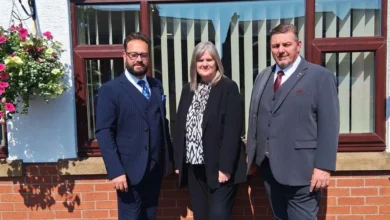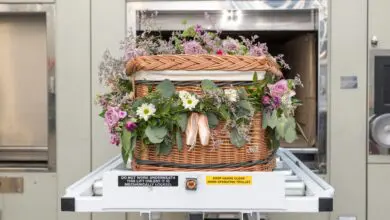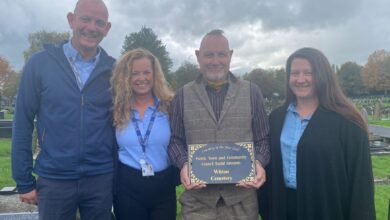New death certification reforms cause funeral delays, SAIF finds
While funeral directors are uncertain about the specific causes of the delays, the profession believes that a lack of timely liaison between GPs and medical examiners is to blame

Register to get 1 free article
Reveal the article below by registering for our email newsletter.
Want unlimited access? View Plans
Already have an account? Sign in
Funerals are experiencing “significant” delays in most areas across England and Wales as a result of death certification reforms, according to a survey of 250 SAIF members.
Funeral directors who have been surveyed by the association revealed that the new medical examiner system, which officially launched in September last year, has caused funeral bottlenecks in around 70% of areas.
South Wales, Nottinghamshire and Lincolnshire appear to be among the regions worst affected by the changes, which were designed to bring additional scrutiny to recording the causes of deaths after the Dr Shipman scandal.
Shared with governments in England and Wales, the SAIF’s research also showed that the most common time between death and clearance from the medical examiner to register a death was 10 days. Meanwhile, the time from death to registration was 14 days.
Prior to the reforms, a death was required to be registered within five days of death. The knock-on effect of the current hold-ups typically means that funerals which took two weeks to arrange are now taking three.
While funeral directors are uncertain about the specific causes of the delays, the profession believes that a lack of timely liaison between GPs and medical examiners is to blame.
Paul Allcock, government liaison officer at SAIF, said: “Many families and the funeral directors caring for them have had an extremely challenging time this winter due to these delays. Problems began almost as soon as the system was introduced in September, so we cannot fully attribute the challenges to excess deaths over winter.
“The situation is unacceptable and the funeral profession is calling on authorities in England and Wales to prioritise resolving this issue, with a focus on the worst affected areas.”
He also warned that the system, as it stands, would be unworkable in the event of another pandemic. He added: “There would have to be emergency legislation to relax the reforms, otherwise the deceased management process in England and Wales could collapse.”
Under the new system, GPs have to send information about each death they have attended to a medical examiner to review and confirm the cause.
Once this process is completed, the medical examiner will send the MCCD (medical certificate of cause of death) to the local registrar. The bereaved family can then make an appointment to register the death, allowing a burial or cremation to go ahead.
In response to the delays SAIF, which represents more than 1,000 independent funeral firms across the UK, is calling on its members to be proactive in pursuing GPs to ensure medical examiners are able to review and confirm the cause of death in a timely manner.
The trade association also encouraged funeral directors to communicate the situation with bereaved families to manage expectations, as well as advised families to continue to engage funeral directors and make funeral arrangements regardless of any delays in paperwork.







